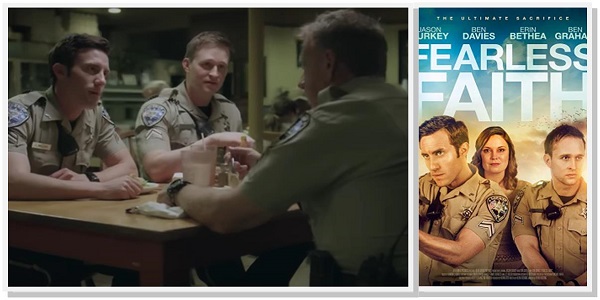Ever visited a place where guilt becomes a gift and the angels sing in unison to your soul? Pavel Lungin’s The Island (titled Ostrov in Russian) takes you there so you can meet one of the most impactful and unforgettable priests in faith-based cinema – Father Anatoly (Pyotr Mamonov).
Starting as a sailor during the Second World War, Anatoly was forced to shoot his fellow Russian Tikhon before the boat was blown up. Anatoly survived and ended up on a small island inhabited by Orthodox monks running a monastery. Thirty years later, Anatoly lives as a priest at the monastery on the island, working mainly as the stoker, and has become famous for healing through prayer. But all along, he has lived with the guilt of shooting his colleague under threat to his own life.
The Island is your textbook example of a character-driven drama. Father Anatoly’s character has shades of spiritual enrichment ranging from the young sailor who feared for his life to the voice of detachment from the carnal and the soul struggling for its own emancipation from guilt. The supporting characters serve as foils to highlight their stoker’s approach to faith.
Pyotr Mamonov’s acting is out of this world. It won’t be surprising to see him remembered as Father Anatoly in real life with the iconic closing shot of a cross leaving the Island sealing Father Anatoly’s presence in visual symbolism – leaving the island yet going nowhere from the heart of the faithful.
Though tagged as a comedy drama on IMDb and other pages about the movie, The Island is not even close to a comedy movie (this reviewer is speaking strictly of the English subtitled screening with no understanding of Russian language). Father Anatoly is an eccentric character of a priest who breaks from norms and can be dramatic, at times even humorously so; but most of the movie and particularly the scenes and sequences revealing the depth of his character are very serious, even tragic. Taking it for a comedy would be a big stride into genre-mixing.




